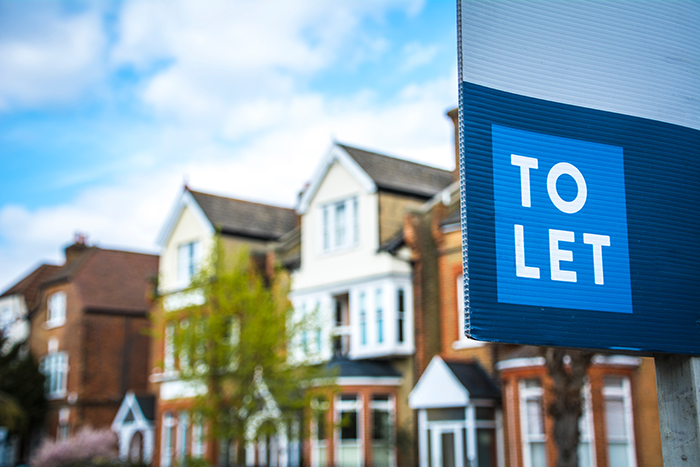
The government says it will lift housing benefit to match the bottom 30% of market rents for the first time in three years.
Chancellor Jeremy Hunt told the House of Commons during the Autumn Statement: “I will increase the local housing allowance rate to the 30th percentile of local market rents. This will give 1.6 million households an average of £800 of support next year.”
The move will come into force next April and will cost £1.3bn in the 2024/25 tax year, rising to £1.7bn in the 2028/29 fiscal year.
Housing benefit has been frozen at the same level since March 2020.
The measure is something groups as disparate as landlord associations and housing charities have long called for, to stop low-income households from being forced out of their lets.
Generation Rent chief executive Ben Twomey says: “The unfreezing of local housing allowance will help the one in three private renters who rely on benefits to cover their rent.
“We have faced a cost of renting crisis since local housing allowance was last increased in March 2020, and those of us relying on benefits have had to cut back even further on food and heating in order to stay on top of rent.
Twomey points out: “Not all renters will get the support we need from this announcement — families caught by the benefit cap won’t get an extra penny — and tenants who need to find a new place to live will still struggle to afford current market rents, which have risen much faster than even the new local housing allowance rates.
“That means that if your landlord evicts you, you could still face having to go to the local council for homelessness support.”
StepChange Debt Charity director of external affairs Richard Lane says: “The unfreezing of local housing allowance will be a welcome boost to many renters unable to keep pace with a frenzied rental market.
“We’ve seen record rent rises over the past year, and housing benefit was simply not keeping up.
“Our recent polling revealed that more than one in three private renters are relying on credit to afford rent. It’s also good to see the Chancellor recognising the need to uprate benefits in line with inflation.
Lane adds: “However, it’s important that the government doesn’t give with one hand and take with the other.
“Those on the lowest incomes feel the effect of high inflation the most, and there was no confirmation from the Chancellor that any cost-of-living support would be extended beyond April 2024, which is a blow to financially vulnerable households.”
In London, average annual rents lifted 6.8% over the same period, also a record.



